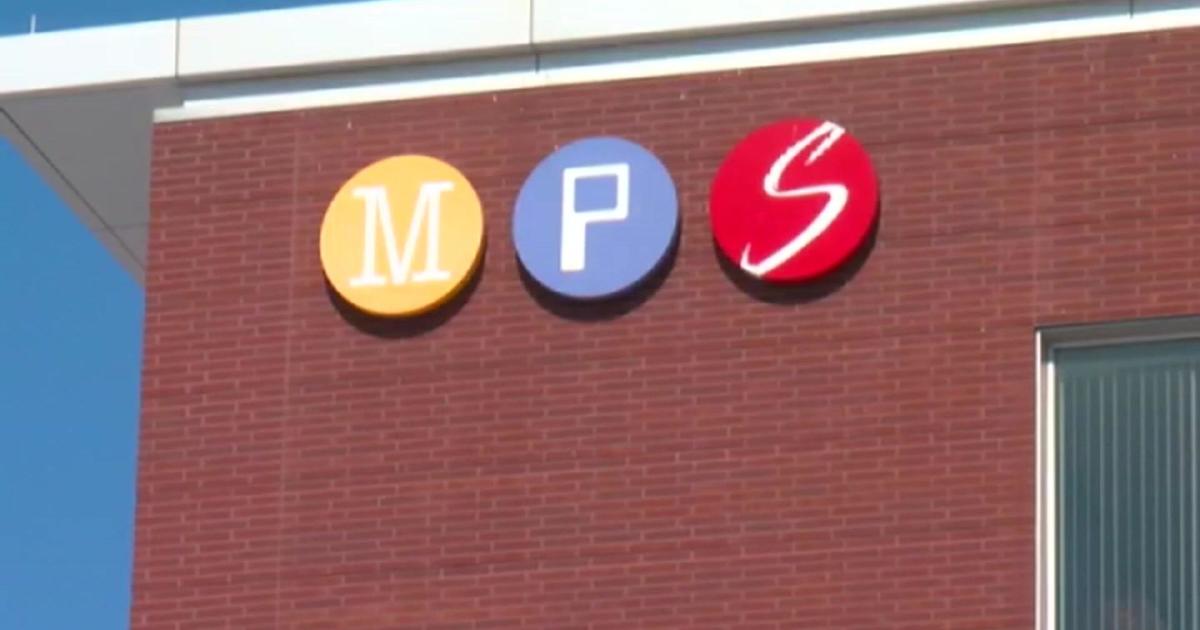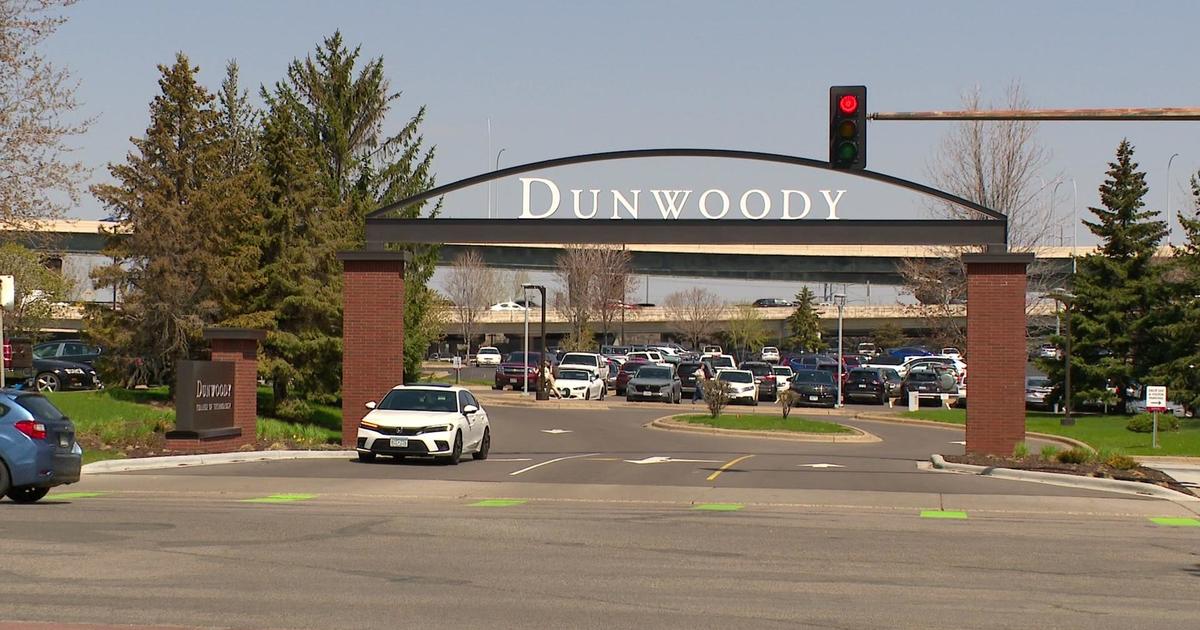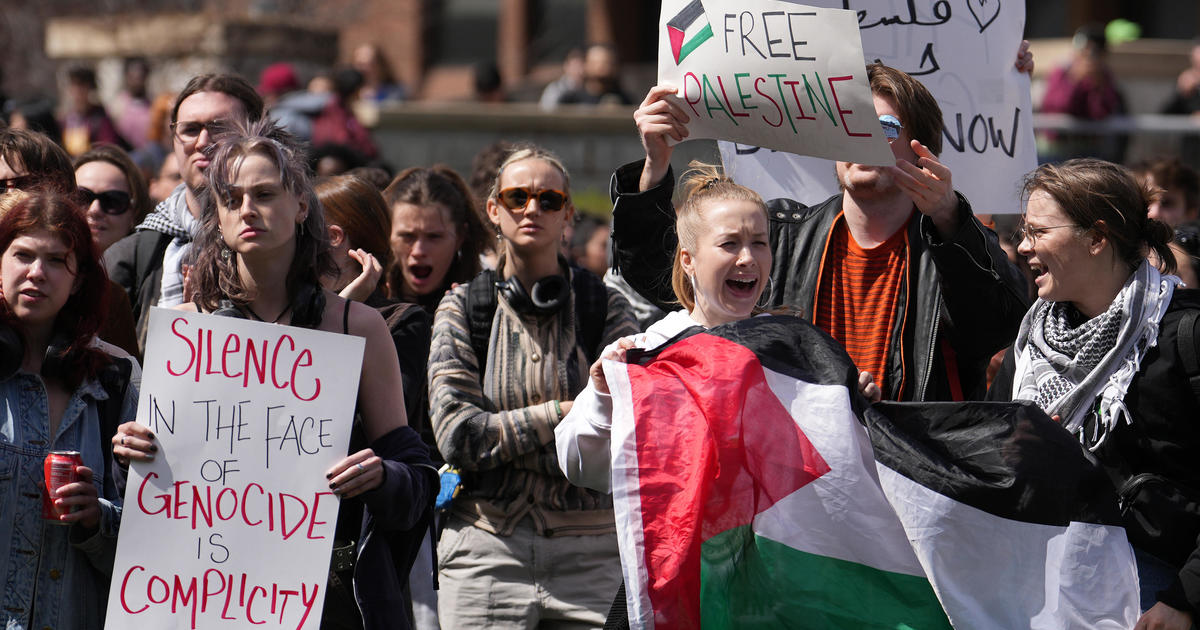Some Question Whether Hike On Cigarette, Vape Taxes Would Be Reliable Revenue Source
MINNEAPOLIS (WCCO) -- Gov. Tim Walz is proposing raising taxes on vaping products and cigarettes to generate new revenue to help fund his $52 billion budget plan. But Republicans -- whose support he will need to approve his priorities -- have said they don't want to raise any taxes at all, teeing up a clash at the capitol that could last for months.
The governor's office estimates adding a tax on vaping devices, in addition to the vapor and nicotine solutions already taxed, will generate $12 million over the biennium. Raising the cigarette pack tax by $1 will trigger another $139 million.
Walz said Monday bulk of the revenues will go towards cessation programs and education programs on the dangers of smoking, which he called a "proactive way" to curb addiction.
"We use the tax code to incentivize or disincentivize behaviors and we're trying to do that," he said.
The boost on these so-called "sin" taxes is part of a broader tax plan that will levy an estimated $1.66 billion for the governor's two-year proposed budget he unveiled Monday. He's also pitching raising taxes on corporations and the wealthiest Minnesotans.
The proposal has the support of the American Lung Association, which gives Minnesota a failing grade for funding tobacco prevention programs. Raising taxes is the "number one tool in the toolkit for reducing tobacco use," said Pat McKone, director for public policy and advocacy at the American Lung Association.
"We know from lots of data that raising the price of tobacco [has] a very significant impact in supporting people that smoke, encouraging them to quit," she said.
The last time Minnesota significantly raised the tax on cigarettes was 2013 and in the following year 15.6% of smokers successfully quit. The rate of use among 18 to 24 year olds had dropped from 22% the previous year to 8%, according to the organization's data.
"That's a big impact," McKone said.
But using revenues from these sorts of taxes to fund ongoing programs can be volatile and unsustainable, said Alexandria Zhang, who works on the state fiscal health team at the nonpartisan Pew Charitable Trusts. She authored a report in 2018 analyzing 2015 data in states and found that the tobacco tax receipts make up less than 1% of total revenues. Likewise in Minnesota, the revenues from Walz's proposed taxes on these products will make up just a tiny fraction of the total budget.
If governments levy the taxes in order to produce better health outcomes and deter behavior, that can negate the purpose of using it to generate money. The actual revenue dollars may vary and make it an unreliable cash flow stream.
"They can use it to raise revenues in the short term," Zhang said of the policy. "Consumer behavior can be unpredictable so that introduces that layer of uncertainty."
Republican Leaders Condemn All Tax Proposals
A divided legislature with a GOP-controlled Senate will require a compromise on the budget, but Republicans are adamant that any tax hikes are a non-starter.
"Thank God that Republicans have the majority in the Senate," said Sen. Majority Leader Paul Gazelka, R-Nisswa. "We are not going to increase taxes on anyone."
The GOP, instead, wants to tap into state reserve funds and make across-the-board cuts at 5% to most state agencies and departments -- a spending plan key Republicans called "realistic" juxtaposed to Walz's plan they decried as "unsustainable."
House Minority Leader Kurt Daudt, R-Crown, joined Gazelka and other Republicans Monday to respond to the governor's budget request. He criticized all tax increases, including the tobacco tax hikes.
"I have seen Democrats say that they want to tax the wealthy, while at the same time proposing tax increases on gas taxes, which disproportionately affect low-income Minnesotans. In this proposal, again, we have cigarette and vaping taxes," Daudt said. "Those are hugely regressive taxes."
The discordant visions for the budget signal what will likely be a long battle between Republicans and Democrats over the state's finances. The legislature is expected to pass a budget before the end of session but if disagreements aren't smoothed over before the end of June, it could trigger a government shutdown.



